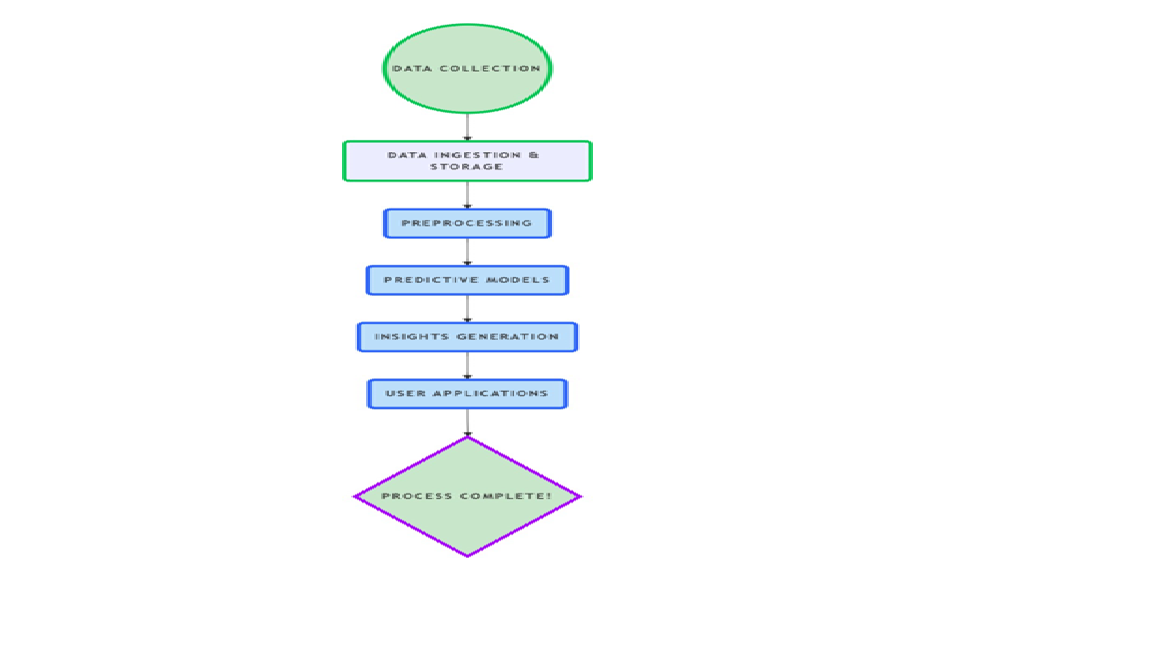A Literature Survey on Predictive Traffic Models for Improving Urban Transportation Efficiency
Main Article Content
Abstract
Urban transportation systems are increasingly challenged by growing populations, traffic congestion, and environmental concerns. Predictive traffic modeling has emerged as a critical tool in addressing these issues by forecasting traffic patterns, optimizing traffic flow, and improving overall transportation efficiency. This literature survey explores a variety of predictive traffic models used in urban environments, highlighting their methodologies, applications, and effectiveness in enhancing transportation systems. We review traditional models such as statistical regression and machine learning-based approaches, including deep learning and reinforcement learning, and their ability to predict traffic volume, congestion, and travel time. Furthermore, we examine the integration of real-time data sources, such as GPS and IoT devices, with predictive models to improve accuracy and responsiveness. The paper also discusses challenges in model implementation, data quality, and scalability. Finally, we provide an overview of future trends in predictive traffic modeling, including the use of artificial intelligence, smart city infrastructure, and multi-modal transportation systems. This survey aims to offer valuable insights into the current state of research and the potential for predictive models to contribute to more efficient, sustainable urban transportation networks.
